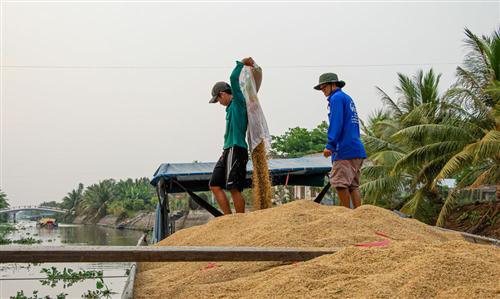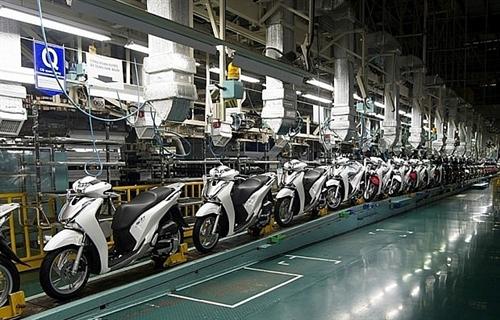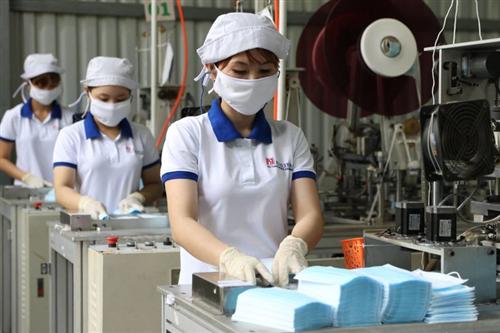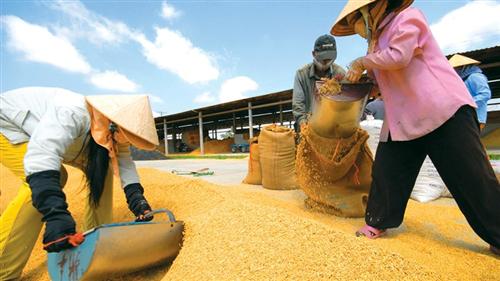PetroVietnam proposes restriction of oil imports due to COVID-19
PetroVietnam proposes restriction of oil imports due to COVID-19
PetroVietnam has proposed restricting or temporarily halting the import of petroleum as aviation and transport are frozen due to the prolonged coronavirus outbreak.

According to calculations by PetroVietnam, imported oil accounted for close to 40 per cent of local consumption in Vietnam
|
State-run Vietnam Oil and Gas Group (PertroVietnam) has just filed a document to the Ministry of Industry and Trade (MoIT) and the Ministry of Finance (MoF) about domestic oil consumption.
Accordingly, in the first quarter of 2020, the total demand for gasoline across the country is estimated to have dropped by 30 per cent and the plunge will last because tourism, aviation, and logistics are in hot water during the health crisis. Furthermore, the oil stockpiles at Dung Quat Oil Refinery and Nghi Son Oil Refinery have also been rather high.
“The inventories sometimes reach more than 90 per cent of storage capacity. PetroVietnam’s oil refinery manufacturers have been under significant input and output pressures due to high inventories and customers cancelling orders,” the document stated.
The stocks of Dung Quat and Nghi Son refineries on March 30 exceeded storage capacity, except for diesel oil. Specifically, the loads of crude oil at Dung Quat and Nghi Son were 384,256 cubic metres and 533,500cu.m, making up 76 and 64 per cent of storage capacity. Moreover, gasoline inventories were 138,242cb.m and 167,520cb.m, or 87 and 81 per cent, respectively.
According to the General Department of Vietnam Customs, the oil imports in 2020’s first two months reached 1.356 million tonnes. In comparison with the two factories’ output of 2.16 million tonnes, imports occupy about 39 per cent of local consumption.
“Such huge oil imports have hampered the trade of local oil products,” PetroVietnam asserted.
Thereby, the group wishes the MoIT and the MoF to review policies to restrict and halt importing oil to help out the local industry in the context of reduced consumption during the epidemic and the plunging global price of oil.




























